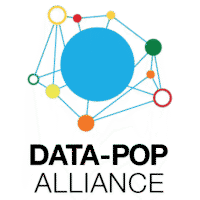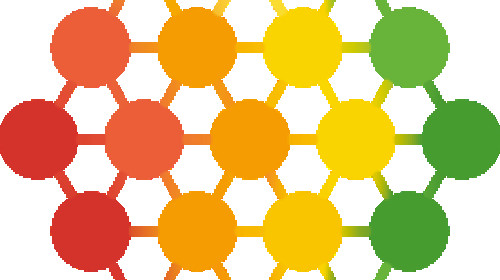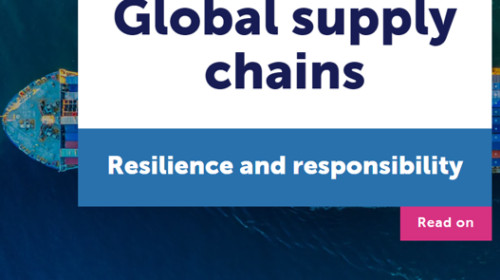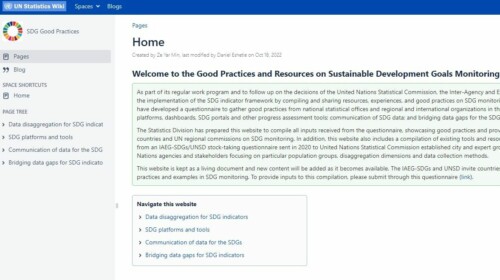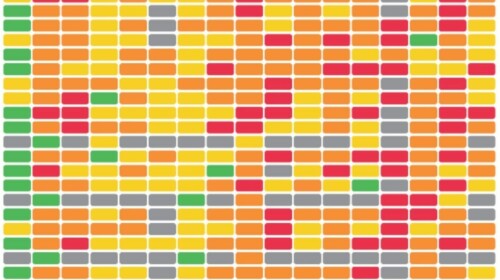Gender Data 201 is a free online course Data-Pop Alliance developed with support from Facebook and TechChange (the hosting platform). The objective of the course is to develop a hands-on online learning experience to equip participants with the basic data skills needed to lead gender-responsive advocacy work, decision-making processes, and/or policy design and implementation. Building on the Gender Data 101 MOOC, developed by Ladysmith, the course also aims to foster the creation of a larger international community of gender data practitioners, driving social change through collaboration.
The course has been divided into three modules. The first, “Setting the Framework”, is an introductory module that covers the context and concepts of gender data in development. The second, “Hands-on Technical Training”, walks participants through the different stages of using gender data, so they can practically leverage existing datasets (in combination with other sources) by using new analytical tools. Finally, “Project Laboratory” will guide participants through the steps needed to build a research project that uses data from a gender-sensitive perspective.
This structure allows us to set the theoretical foundation for comprehending gender data, before delving into how to leverage it using different methodologies (with real datasets). Finally, the course provides a practical guide to help the participants understand the different components they must consider when developing a gender data project in their own work.
Target Audience
The ideal Gender Data 201 participant:
- Is someone interested in the practical application of gender data in global development and public policy.
- Has background knowledge in basic data concepts and tools used for data analysis (skills in using Excel, RStudio, Kepler, and knowledge of python are considered a plus).
- Is eager to incorporate gender theory and analysis into development projects, and is familiarized with the basic gender concepts.
The only requisite is that the enrolled participants are open to learn more about the gender data landscape and to gain skills and tools that will allow them to incorporate different gender analysis in their area of work.
Learning Objectives
- Understanding the importance of having science-based development and implementation aimed at improving the sustainability of gender data;
- Having a research focused approach on assisting policy development to strengthen the unbiased gender data and monitor progress in women and girls lives; and
- Learning and conducting research on innovative ways to monitor and measure the impact of interventions in the use of Gender Data.

